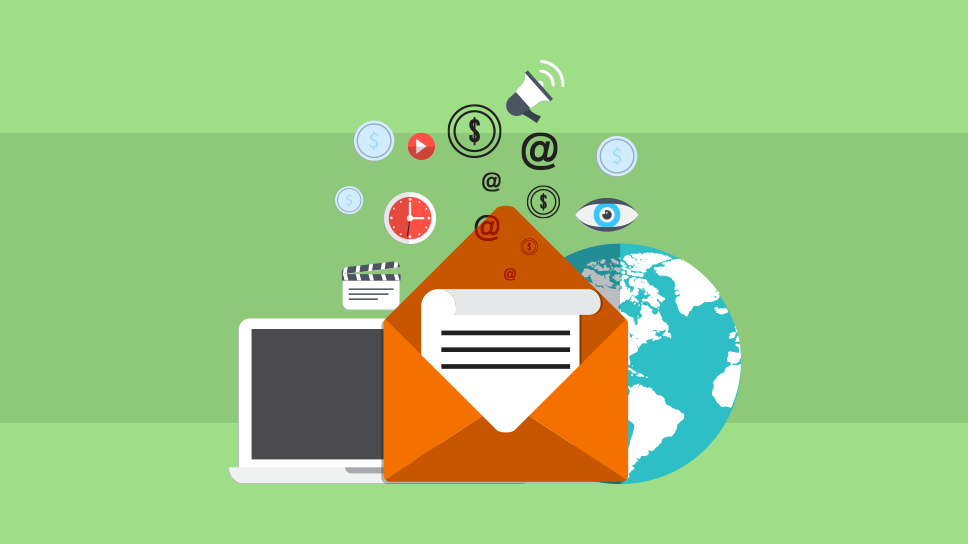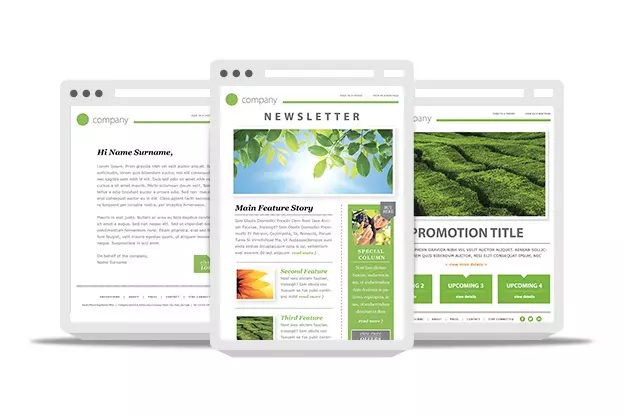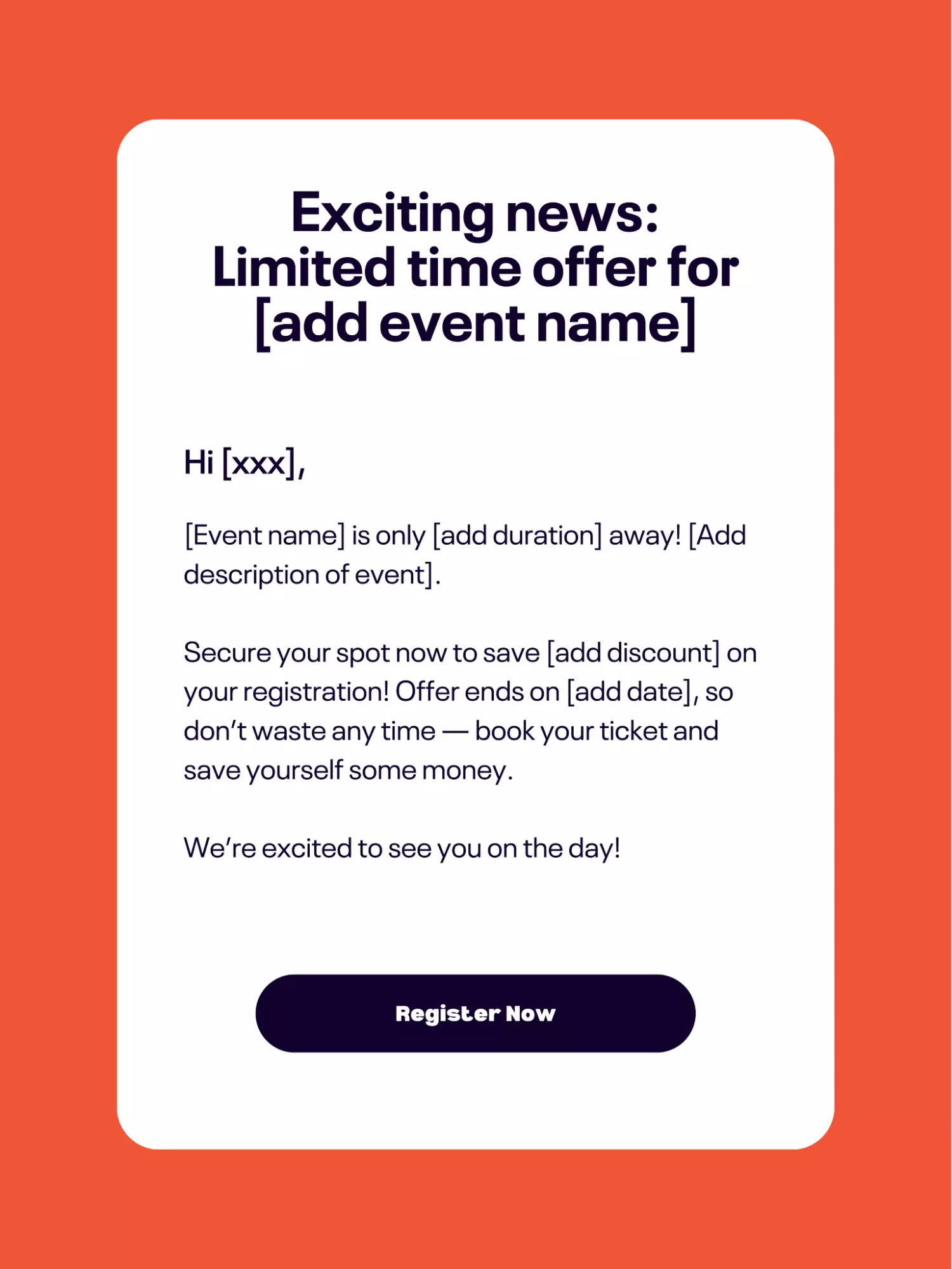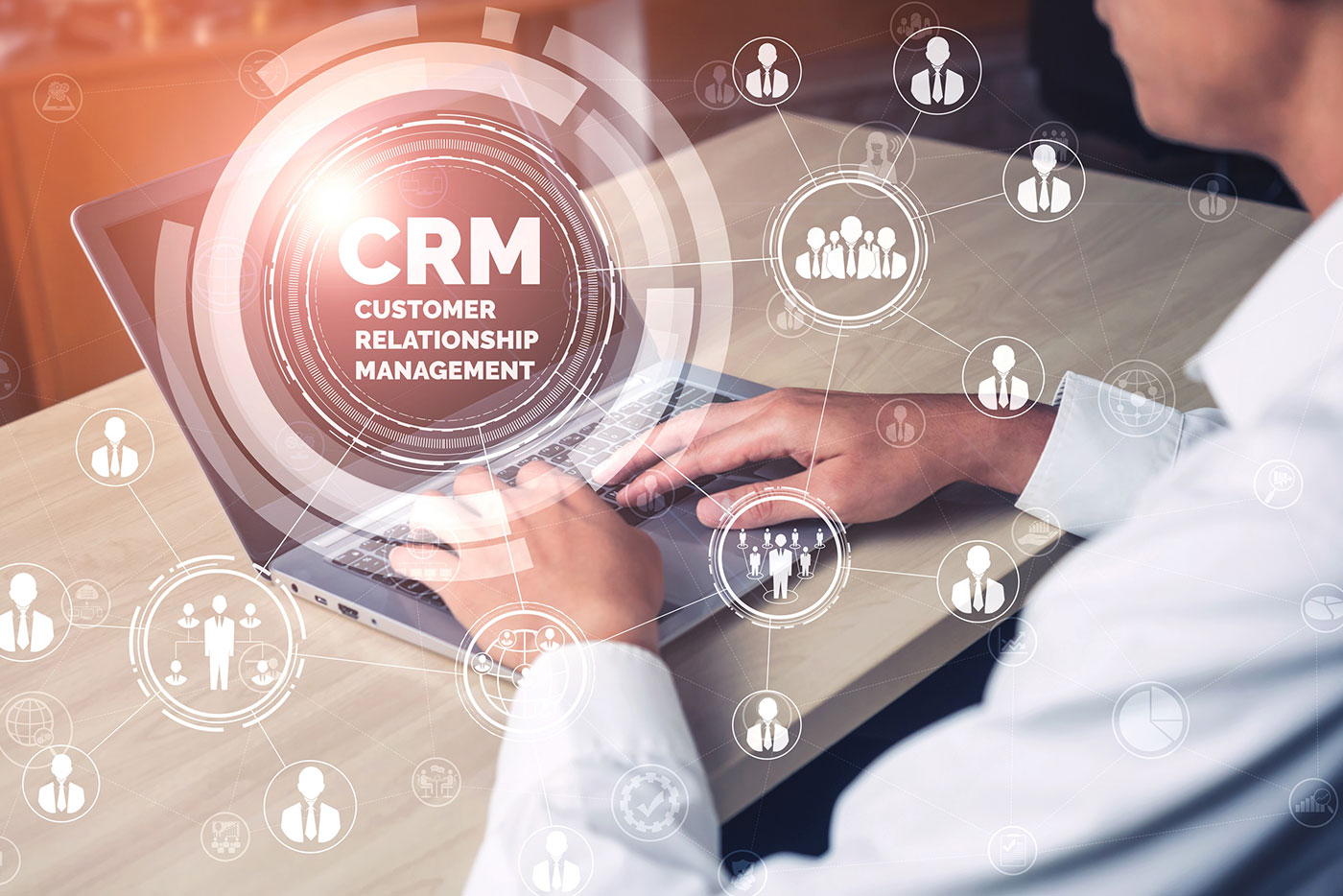
Email marketing is a powerful tool for businesses aiming to forge deeper connections with their clientele while also boosting sales. But what is email marketing exactly?
In essence, email marketing constitutes a facet of digital marketing that leverages email communication to engage potential customers, enhance brand recognition, foster customer allegiance, and propel promotional endeavors forward.
This comprehensive guide aims to explain the essence of email marketing. By the conclusion, you'll possess a firm understanding of the fundamentals and the expertise necessary to inaugurate a compelling email marketing strategy tailored to your enterprise.
What is Email Marketing?
Email marketing is a direct avenue for businesses to communicate new products, sales, and updates directly with customers listed in their contact databases.
Since subscribers opt to receive these emails, they tend to have a higher conversion rate compared to other marketing channels. Its significant return on investment (ROI) underscores its importance within most businesses' overarching inbound strategies.
Contemporary email marketing has shifted from generic mass mailings to prioritize consent, segmentation, and personalization, aiming to engage target audiences more effectively. It revolves around understanding customer interests to cultivate enduring relationships.
While crafting personalized campaigns might seem labor-intensive, marketing automation and software streamline much of the process.
In the grand scheme, a well-crafted email marketing strategy not only drives sales but also fosters a community around your brand.
Related Reading: Is Email Marketing Legit?
9 Email Marketing Types and Examples
There exists a multitude of email marketing types, each serving distinct purposes and employing unique approaches to engage your audience.
Let's explore some of these types to help you devise the optimal email marketing campaign for your company:
1. Welcome Emails
These serve as initial introductions to your business, extending a warm greeting to new subscribers and offering a glimpse into your products or services.
2. Newsletter Emails

Newsletter emails function akin to regular catch-up sessions, often featuring new offerings, insightful articles, blogs, and customer testimonials.
3. Confirmation Emails
Individuals who have recently subscribed to emails or newsletters, or who have made their inaugural online purchase, may receive a confirmation email.
This serves to reassure them that their details have been received and that they are now included in the mailing list to receive further information. Moreover, confirmation emails also serve as a means to notify users of successful purchases or sign-ups, often including additional actions for them to explore.
4. Invite Emails

These announcements typically herald upcoming events, product launches, or seminars, aiming to garner attention and heighten awareness about special occasions.
5. Lead Nurturing Emails
Targeting specific audiences, lead nurturing emails employ a series of messages to gradually convert prospects, focusing on providing additional information or relevant promotions to nurture interest and propel users toward making a purchase.
6. Dedicated Emails
Reserved for reaching out to specific segments of the email list based on recent purchases, inactive clients, new members, or other defined criteria.
7. Promotional Emails
Common and generic, these emails are disseminated to a broad audience to maintain brand awareness and often tease new products and services.
8. Survey Emails
By soliciting feedback from customers, these emails convey a sense of value for their opinions and aid in improving products or services based on received feedback.
9. Seasonal Marketing Emails
Utilized during holiday seasons or special occasions, these emails inform customers about upcoming sales and promotions, often tied to events like Christmas, Valentine's Day, Mother's Day, and Father's Day.
Benefits of Email Marketing
From order confirmations to newsletters, emails play a crucial role in both the expansion and organization of your business.
Email marketing facilitates the achievement of three primary objectives:
Boosting Sales
Launching a sale or promotion? You can deploy an email marketing campaign to your subscribers to drive sales. Furthermore, consider employing these email marketing tactics to further enhance conversions:
1. Sending coupons or special offers for subscribers’ birthdays/anniversaries, in welcome emails, and as a means to re-engage your audience.
2. Implementing abandoned cart emails triggered whenever a visitor adds an item to their cart but fails to check out.
Increase Brand Awareness
The beauty of email lies in its ability to directly reach individuals. It epitomizes one-to-one communication at its finest. In today’s world, people are selective about who gains access to their inbox; it's a curated space reserved for favored brands and publications.
Appearing in someone’s email inbox aids in keeping your brand at the forefront of subscribers’ minds. A personalized marketing email holds more weight than a social media post where the visibility of your message is uncertain.
Scalability stands out as one of the significant benefits of email marketing. This means that emails can be dispatched to a large audience while remaining cost-effective compared to other marketing channels.
Also Read: How Much Does Email Marketing Cost?
Strengthen Customer Loyalty
Email fosters customer loyalty at every stage of the buyer journey: from lead nurturing and conversion to onboarding and retention. It serves as an indispensable tool alongside a CRM system to streamline communication.
Read More: Why Email Marketing is Important?
Email Marketing Best Practices

Email marketing, when executed correctly, serves as a potent tool for engaging and retaining customers.
However, adhering to best practices is paramount to ensure the effectiveness and legality of your campaigns. Below is a comprehensive guide to the most critical practices in email marketing:
1. Avoid purchasing email lists
Procuring email lists is ill-advised for various reasons. According to GDPR and CAN-SPAM regulations, sending unsolicited emails and storing individuals’ data without consent is illegal.
Unsolicited emails often end up marked as spam, which can tarnish your email sender reputation and result in being blacklisted.
Additionally, most email marketing services refuse to collaborate with users who utilize purchased lists due to the potential harm to deliverability for other users on shared IP addresses.
2. Use Double opt-in
While the double opt-in process may add an extra step for subscribers, it significantly aids in email deliverability. It helps weed out misspelled email addresses (which cause hard bounces) and spam traps.
Furthermore, double opt-in serves as tangible evidence of subscriber consent, a prerequisite under GDPR.
3. Segment your email list
Segmenting your email list involves dividing it into smaller cohorts based on shared characteristics such as age, location, lead score, and purchase history.
The objective of this approach is to dispatch more pertinent and targeted emails to your subscribers. Effective segmentation commences at signup by soliciting subscriber details like content and frequency preferences.
4. Personalization
Personalization within emails plays a pivotal role in making customers feel valued and understood.
Some effective personalization tactics for your email campaigns include incorporating subscribers’ first names in the subject line and content, taking time zones into account when scheduling campaigns, segmenting contacts for tailored messaging, utilizing behavior-triggered emails, acknowledging user milestones, and offering customized product recommendations.
Related Reading: How to Start Email Marketing?
Conclusion: What is Email Marketing
The best way to connect with your audience is to create email campaigns that have value. Whether it's cost-saving opportunities, unveiling new products or services, or showcasing the benefits of your offerings, providing valuable content demonstrates to the reader that the email is worth their attention, encouraging them to continue reading.
Utilizing email marketing is an excellent strategy to maintain your business's presence in the minds of both current customers and potential prospects, ensuring they remain loyal and don't turn to your competitors.
When executed correctly, your email marketing endeavors can yield significant success by prompting customers to take action, a desired outcome for all businesses when devising their campaigns.

